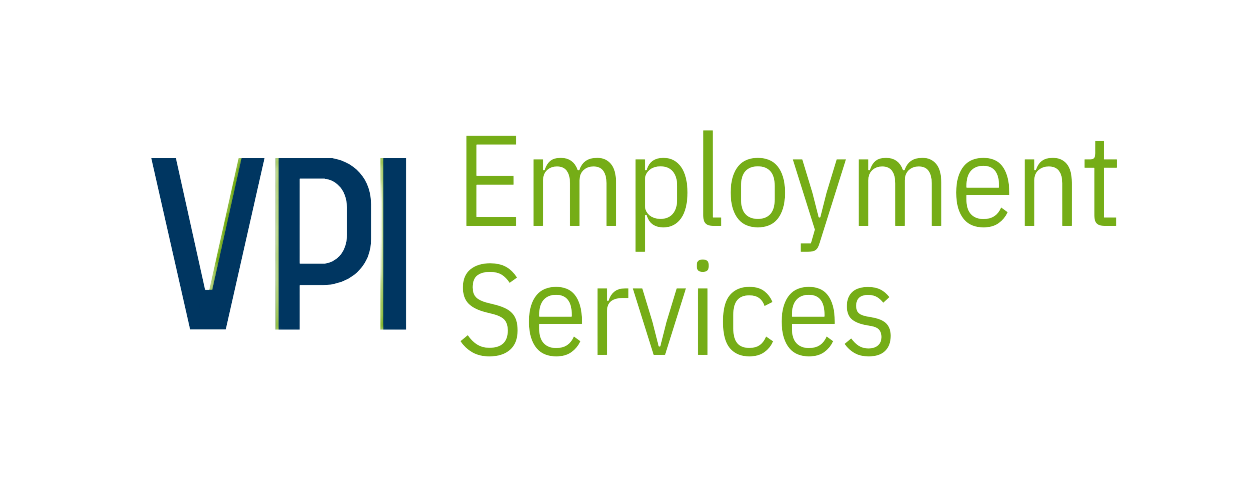Have you ever told yourself you were going to do something, and you didn’t end up doing it? If you have ever set New Year’s Resolutions in the past, then this situation might sound familiar.
Like setting your New Year’s Resolutions, it’s easy to say you are going to accomplish your goal or an objective. But as the weeks and months continue throughout the year – you find yourself straying farther and farther away from your goals until finally you abandon them.
This is a problem far too many people encounter when they are setting goals for themselves. When goals are set, sometimes they are too ambitious, unrealistic, or life simply just gets too busy, and we forget about them. This is where SMART Goals comes in handy.
What are SMART Goals?
SMART Goals are a fairly new concept that was first introduced by George T. Doran in 1981 as a way for management and organizations to set company goals and objectives. SMART is an acronym for Specific, Measurable, Achievable, Relevant and Time-bound, different criteria that should be met when you are setting your goals.
Here is a breakdown of Doran’s SMART Goals:
The SMART Criteria
Specific – When creating your goals, they should always be clear and specific. Avoid setting goals that are too vague. Specific goals allow you to stay focused and on-track.
Measurable – Your goal should also be measurable; allowing you to track your progress and see how close you are to achieving your goal.
Achievable – The goals you set should also be achievable. It’s easy for us to set any goal but when they are too ambitious, it’s also easy for us to forget these goals altogether.
Relevant – Your goal should also be relevant – meaning that they should be related to what you are trying to achieve overall.
Time-Bound – Finally, the goal you set should have a deadline, which allows you to stay committed and true to your goals.
Example
Let’s use a popular New Year’s Resolution as an example: losing weight or getting fit. At first, it sounds like an easy goal, but in reality this is a goal that most people fail within the first quarter of the year.
Instead of your goal being “I want to lose weight”, apply the SMART method and make your goal fit the different criteria of Doran’s SMART Goals.
Original Goal: “I want to lose weight”
New SMART Goal: “I want to lose 15 pounds by June by jogging 5km twice a week on Tuesday and Thursday and going to the gym on Monday and Wednesday.”
Here’s a breakdown of your new SMART Goal:
-
Specific: You want to lose 15 pounds.
Measurable: You can track your weight and the distance you run.
Achievable: It is possible to find time to be active 4 times a week.
Relevant: The goal is related to your overall health and wellness.
Time-bound: You have set June as your deadline – just in time to show your results when the summer months hit.
Congratulations, you now know how to create a SMART Goal!
SMART Goals are easy to implement. Whether you are trying to get a higher GPA, lose more weight, or trying to get a higher salary, SMART Goals have plenty of benefits that can help you on any goal-setting journey.
Applying SMART Goals to Your Job Search
So, how can you use SMART Goals to improve your job search efforts?
These days, with plenty of tools at your disposal, you can apply to any job you want in any part of the city with just a few clicks. But, sometimes we get discouraged or get job-search fatigue if we don’t get any responses or emails from employers.
Remember, before you start applying, make sure your resume is up to date. If you need help building or improving your resume, contact us today.
Let’s use another example: applying to jobs. Instead of your goal being “I’m going to apply to a job”, apply the SMART method.
Original Goal: “I’m going to apply to a job”
New SMART Goal: “I’m going to find a summer finance internship by April by applying to 5 jobs every week on LinkedIn and Indeed.”
Here’s a breakdown of your new SMART Goal:
-
Specific: You want to get a finance internship for the summer.
Measurable: You can count how many applications you have submitted every week.
Achievable: It is possible to find time to apply to 5 jobs every week.
Relevant: The goal is related to your overall career and employment goals.
Time-bound: You have set April as your deadline to receive an internship.
While using SMART Goals will not guarantee your success, it’s a great way to keep yourself accountable to your goal. SMART Goals allows you to stay focused and to track your progress as you continue the path towards achieving your goals.
Abandon your goals less with SMART Goals.

